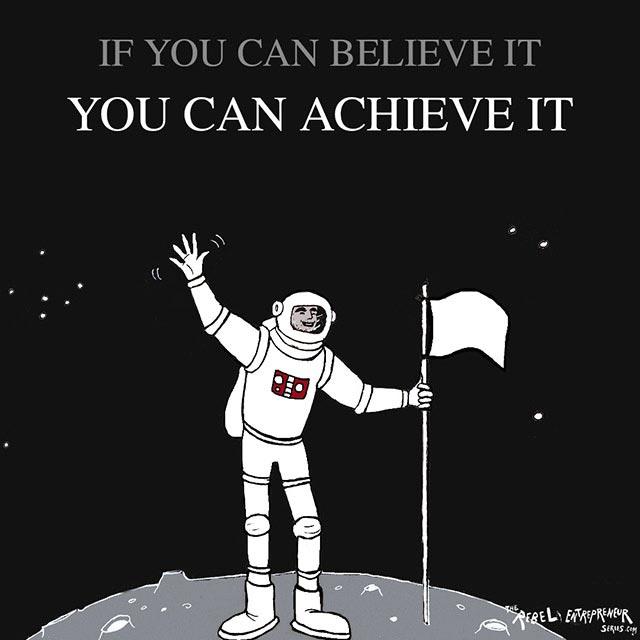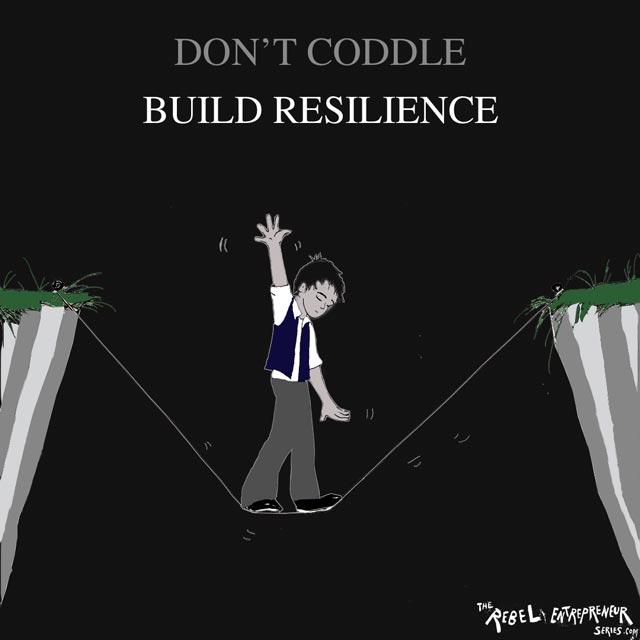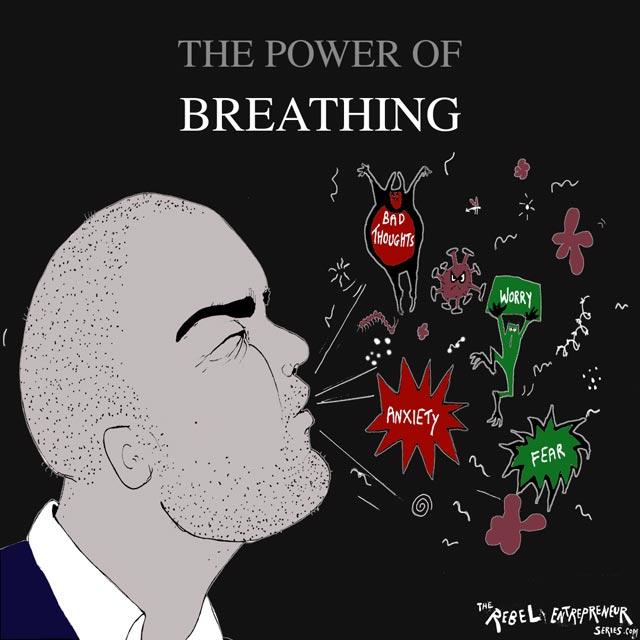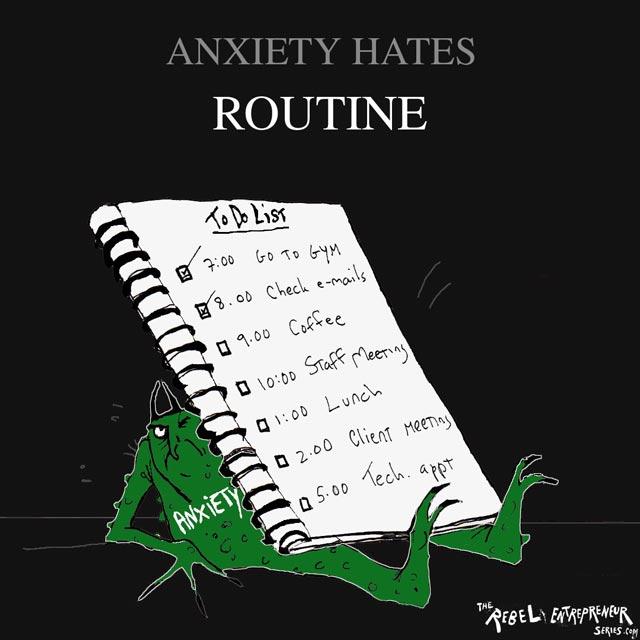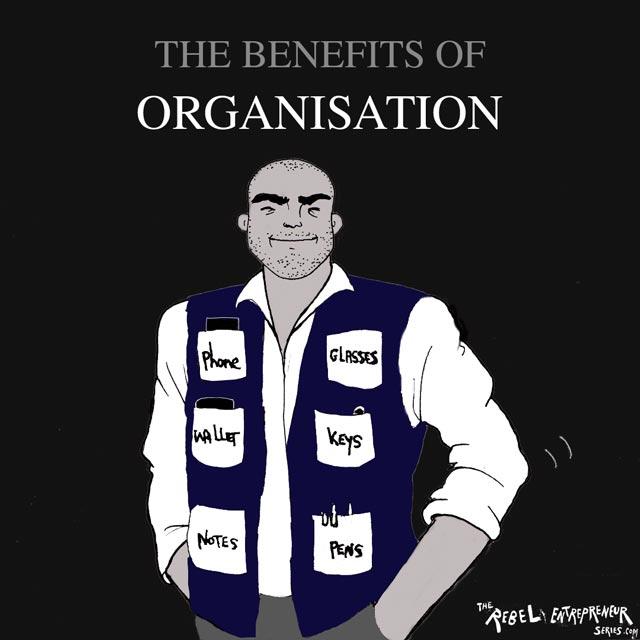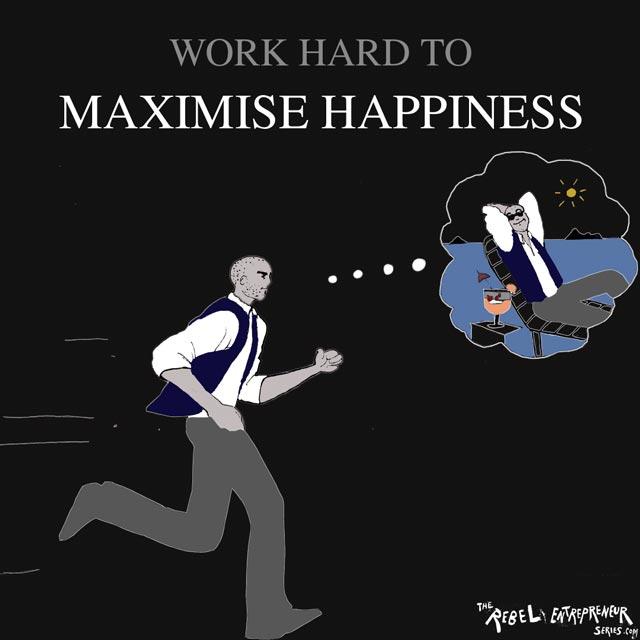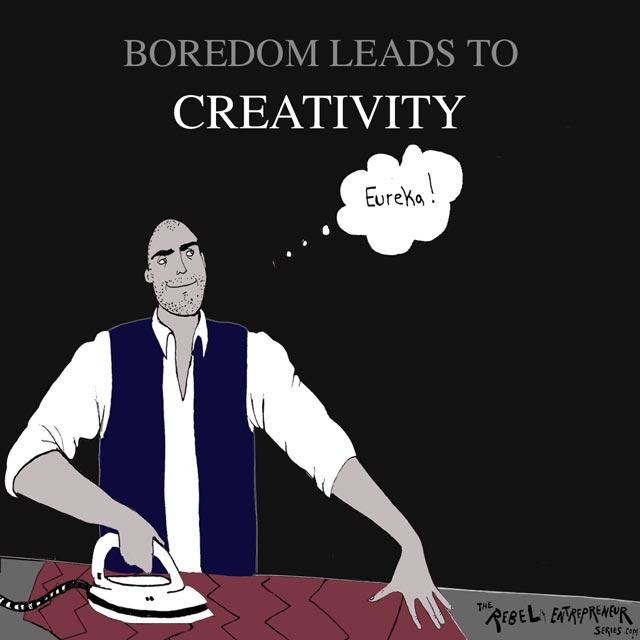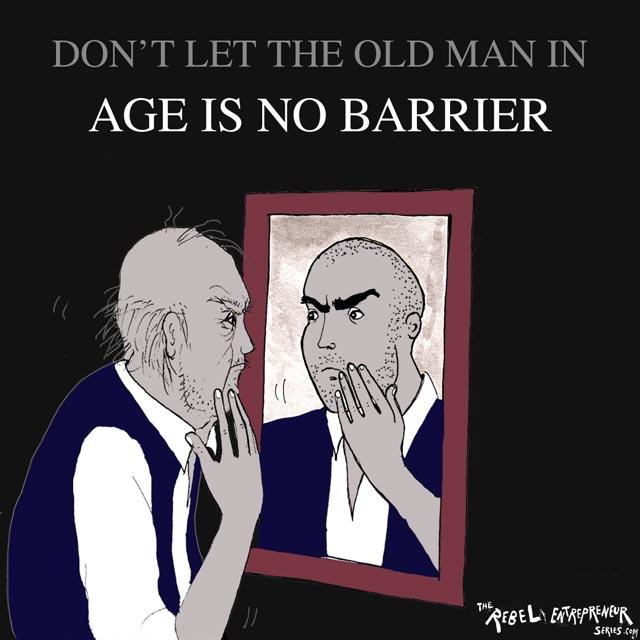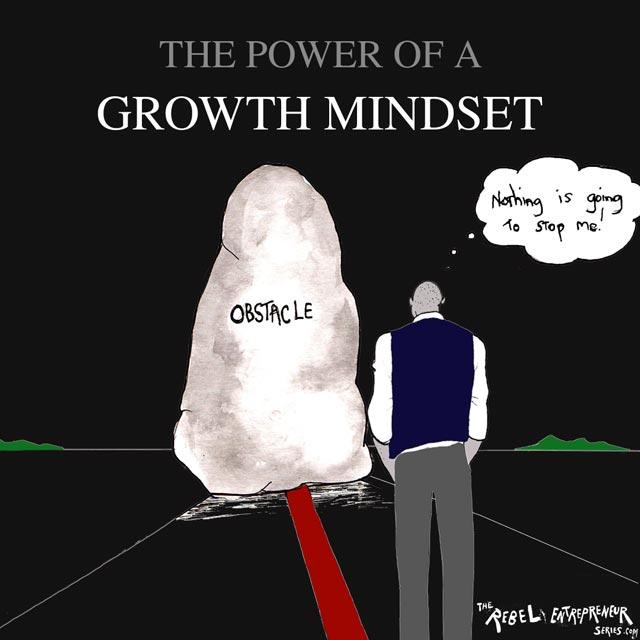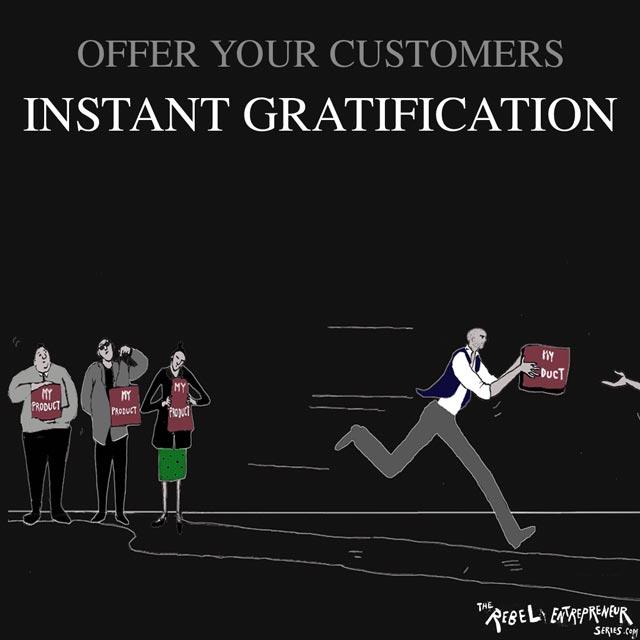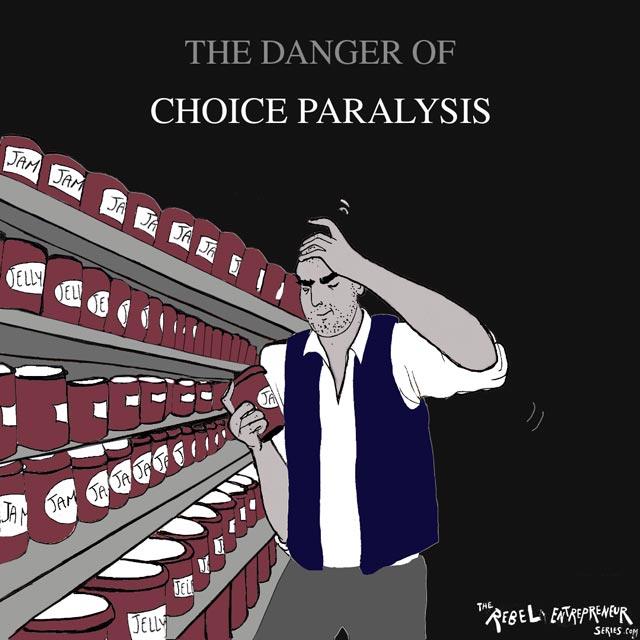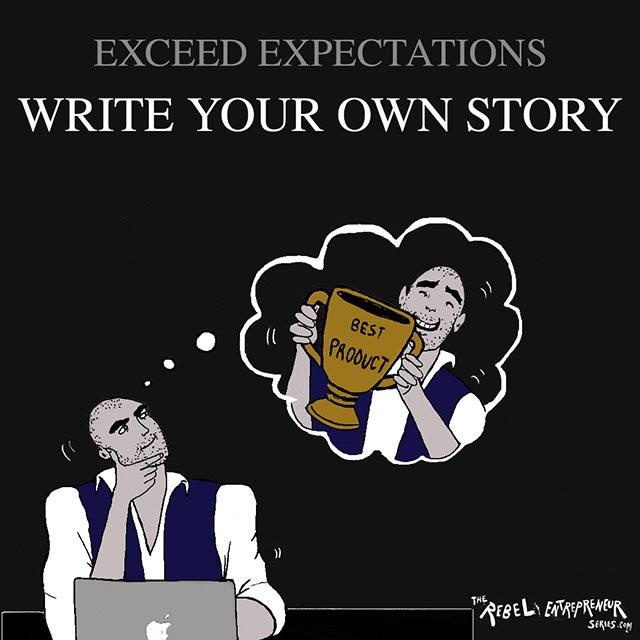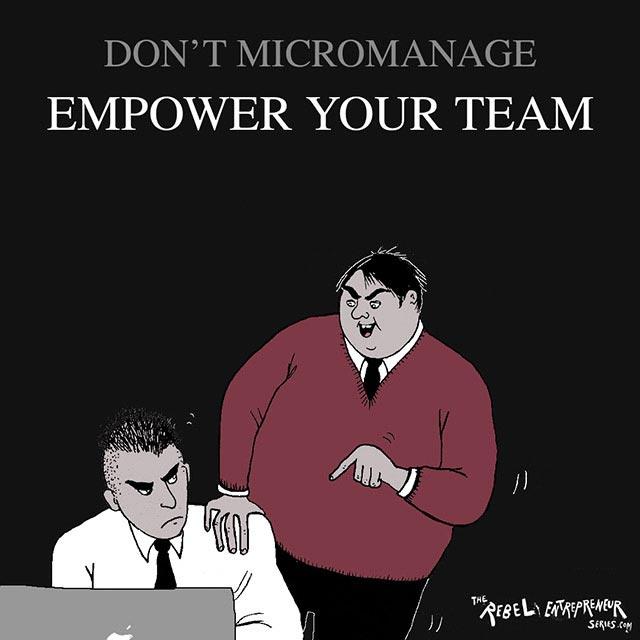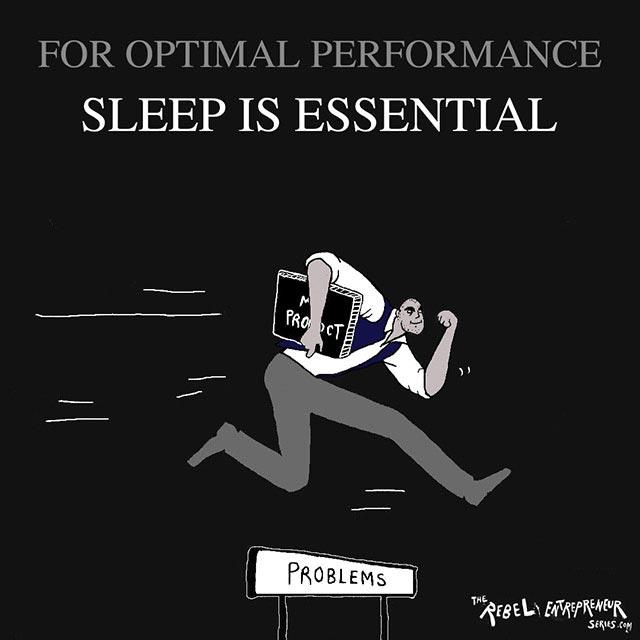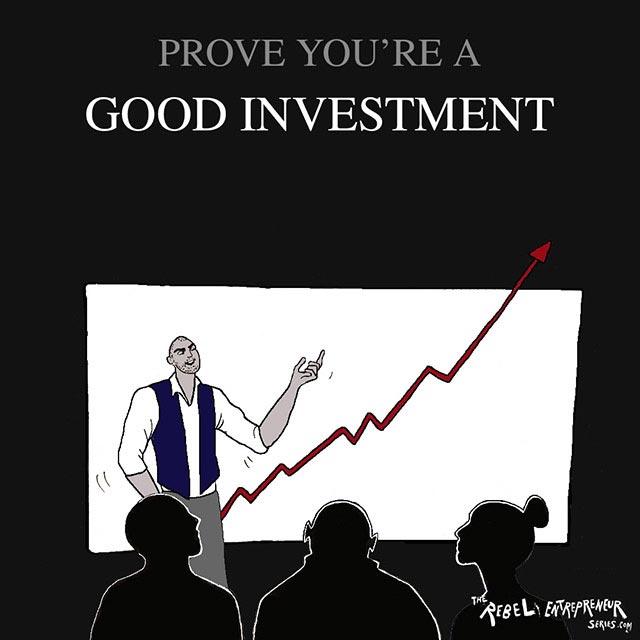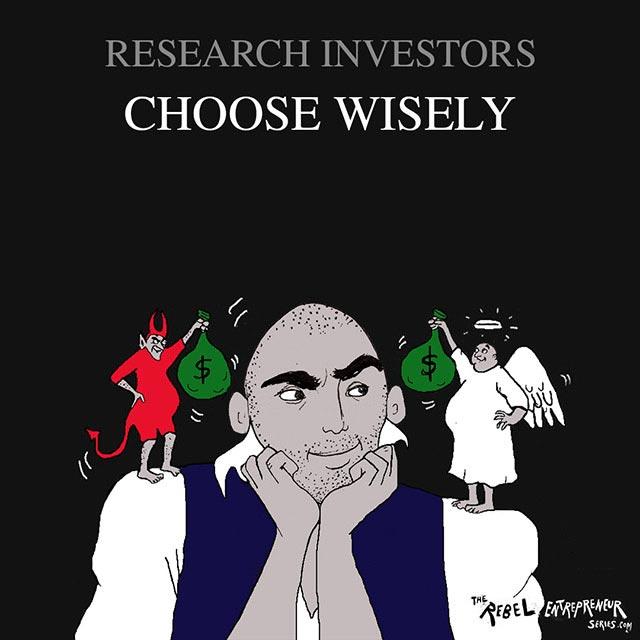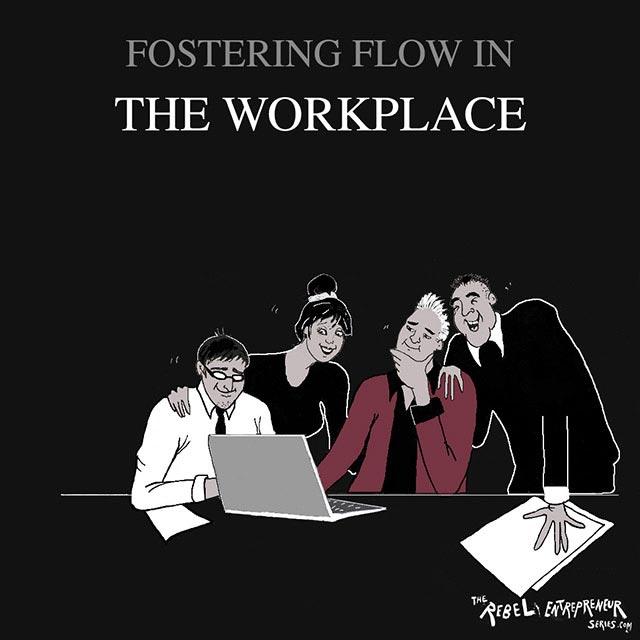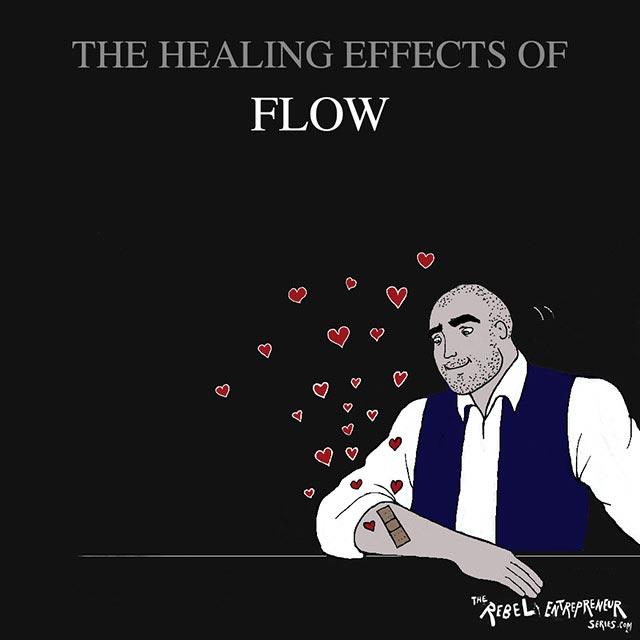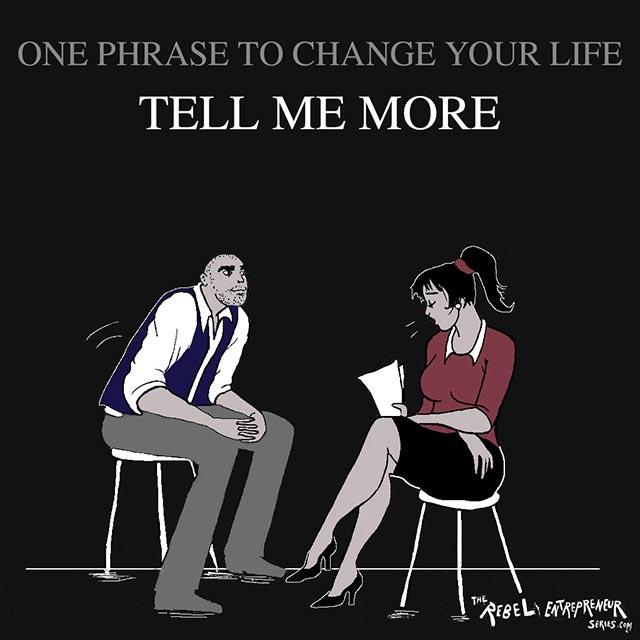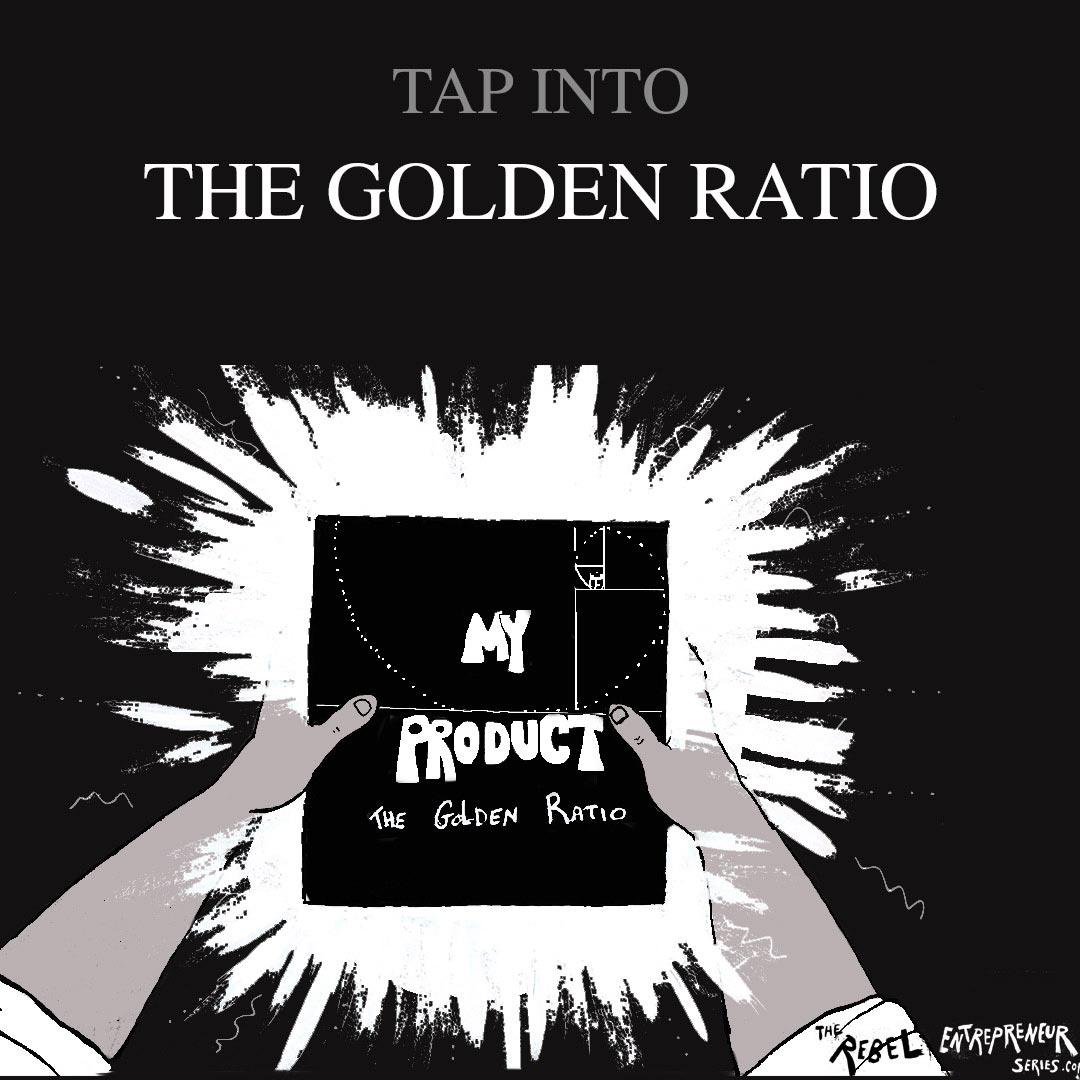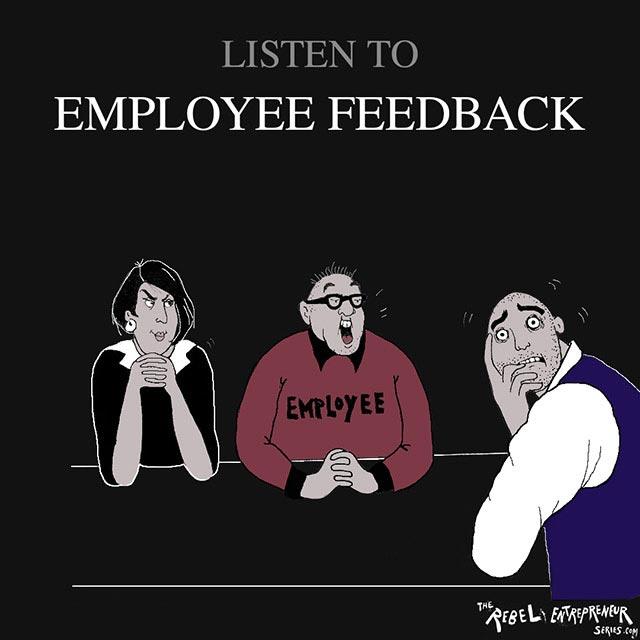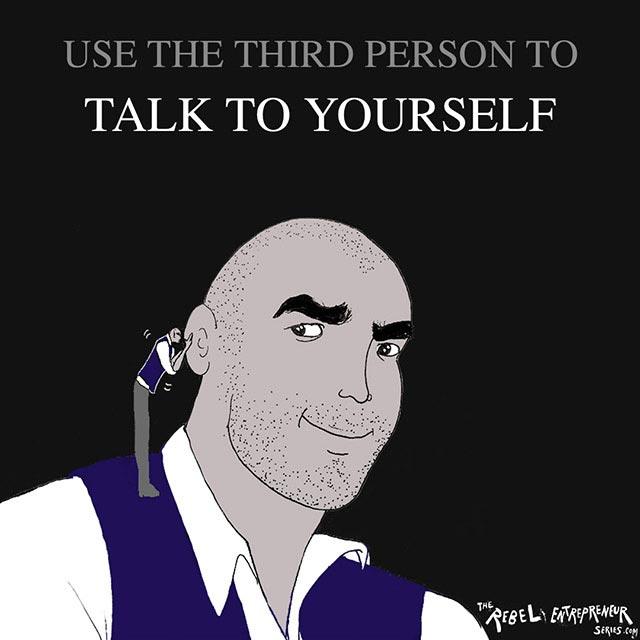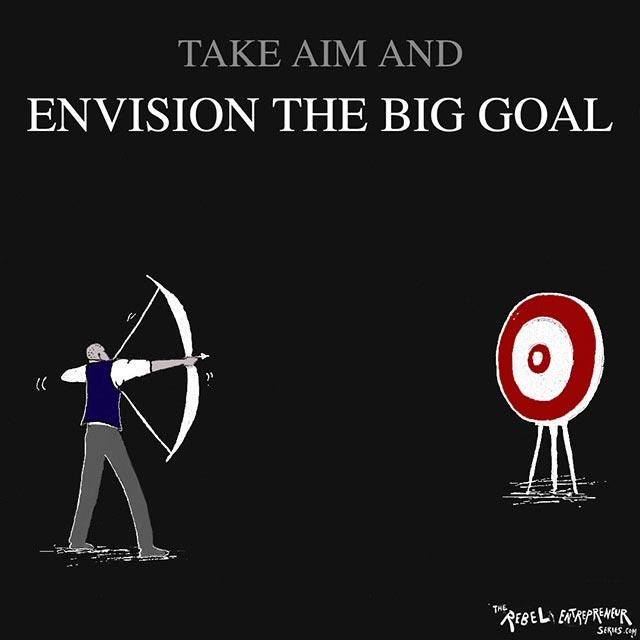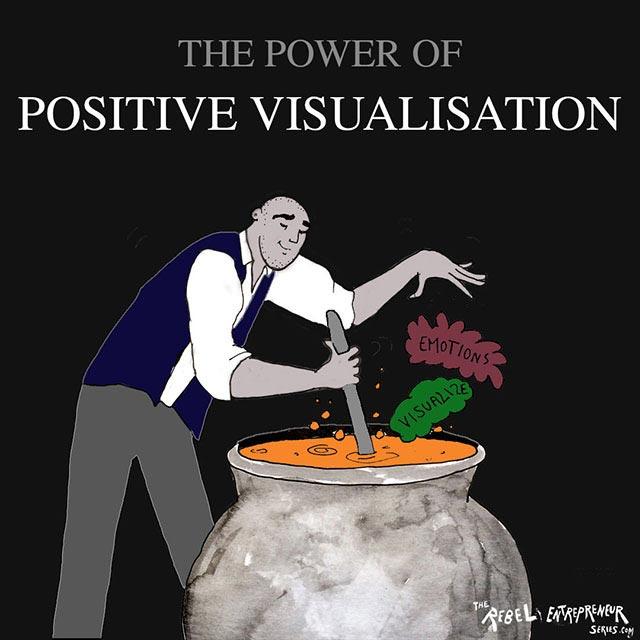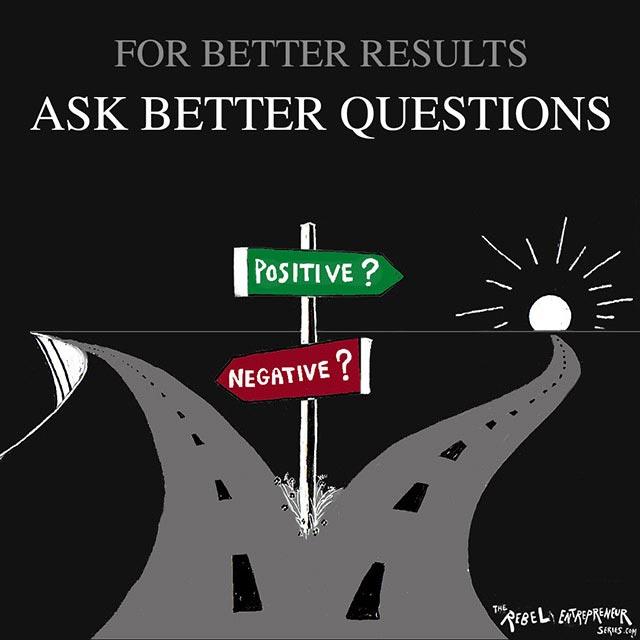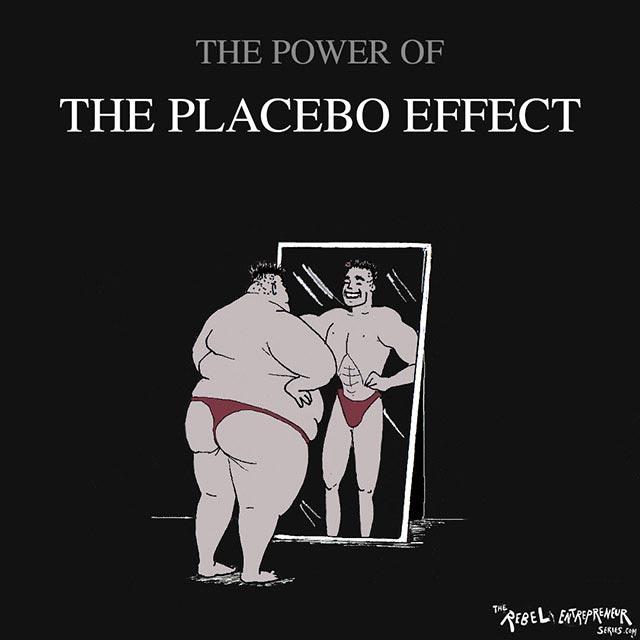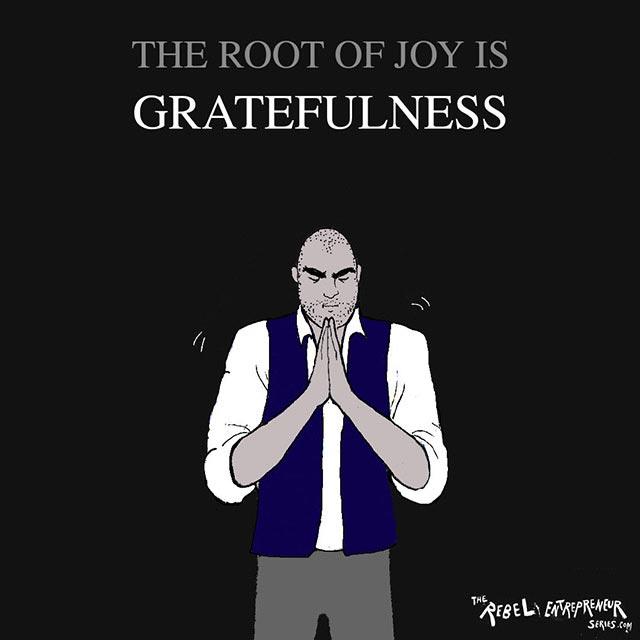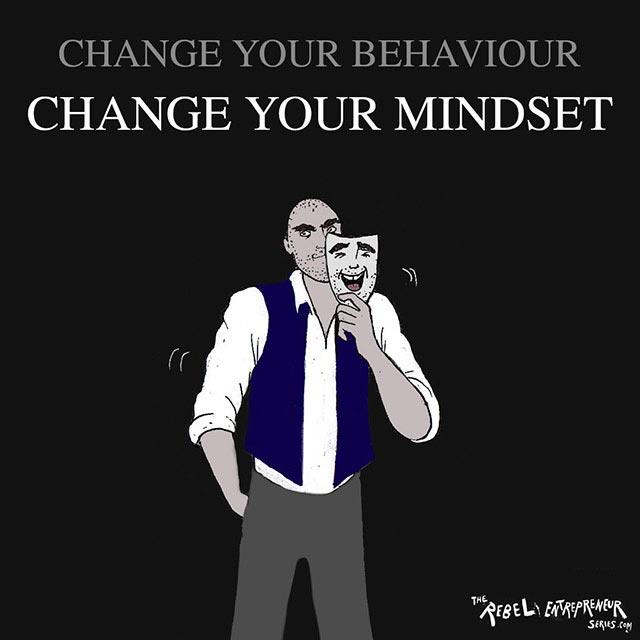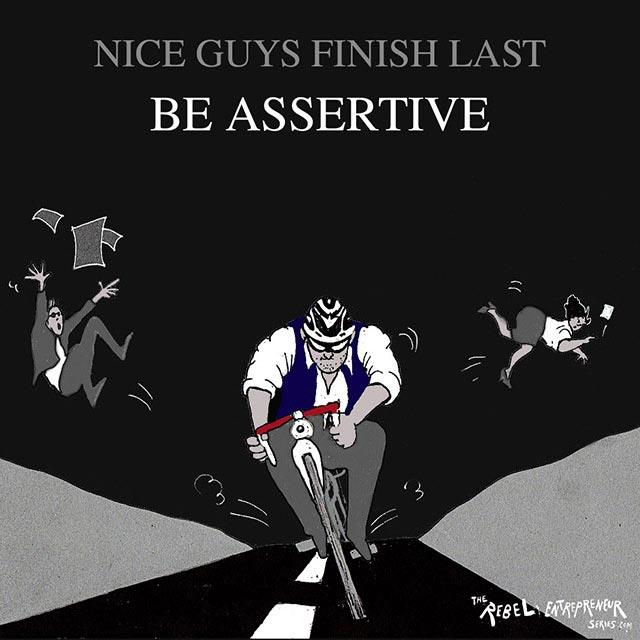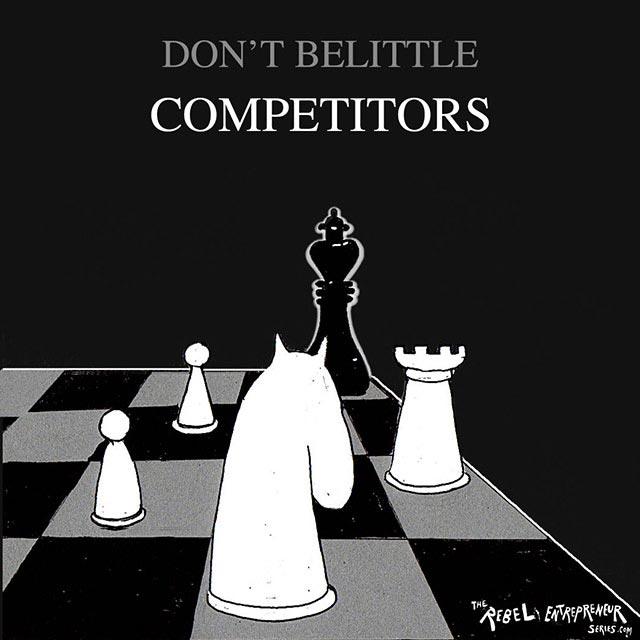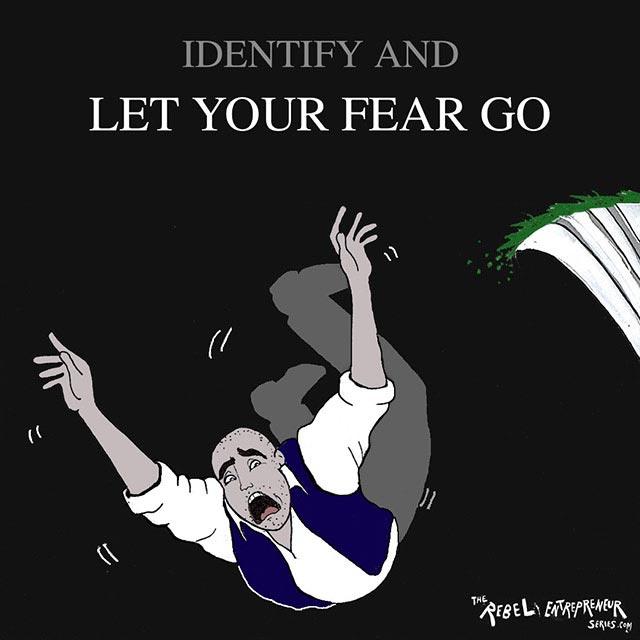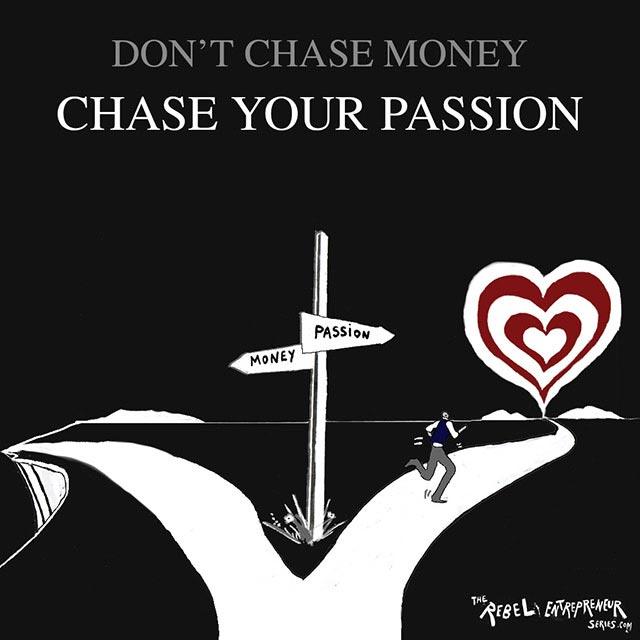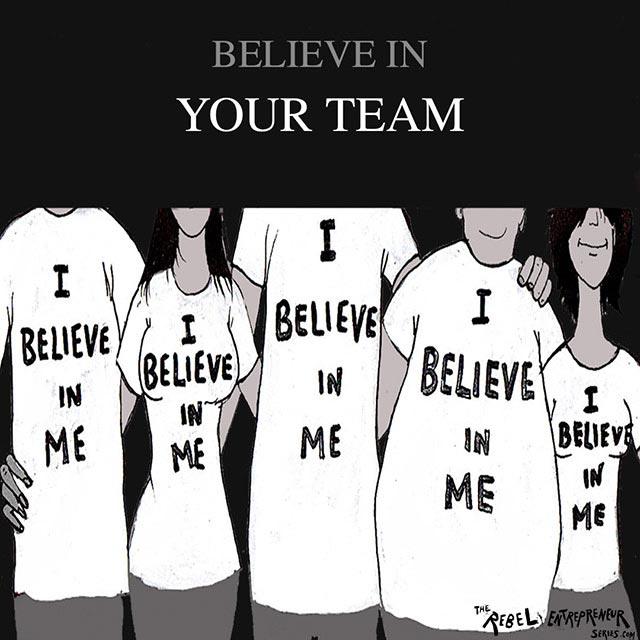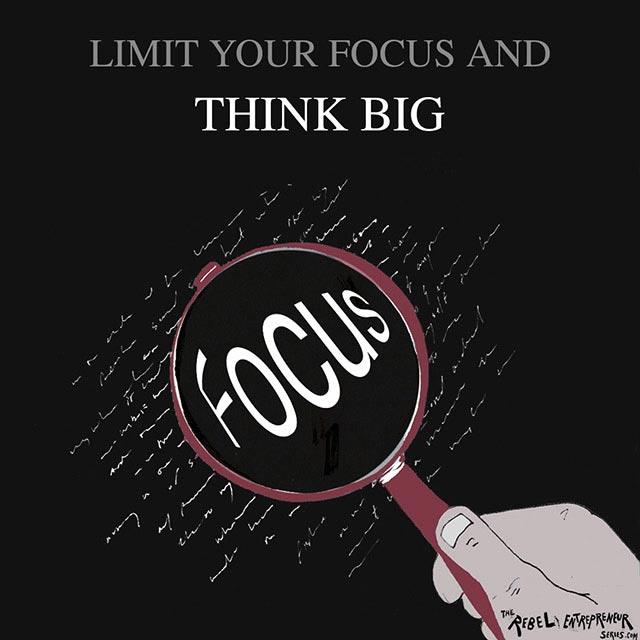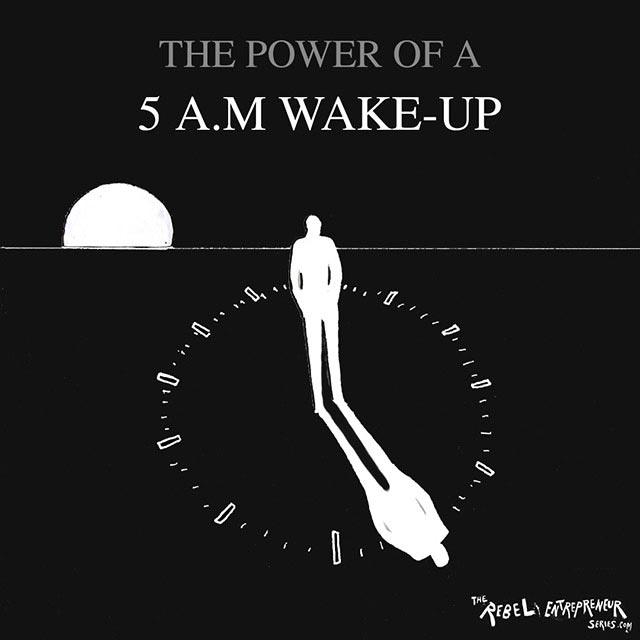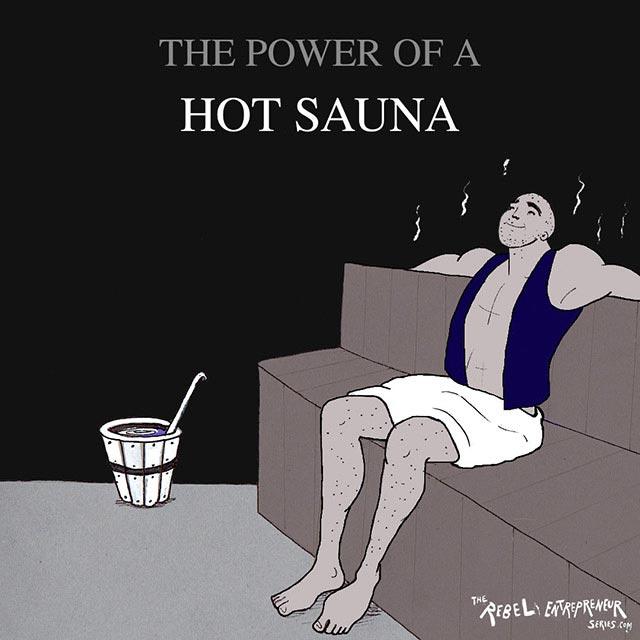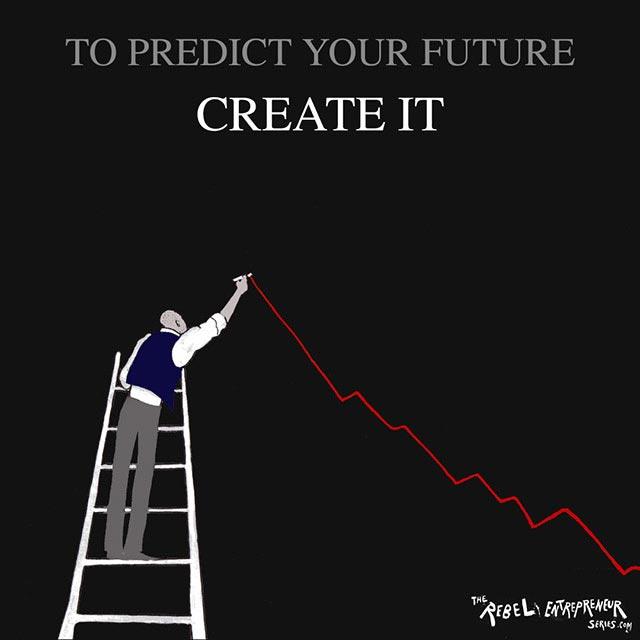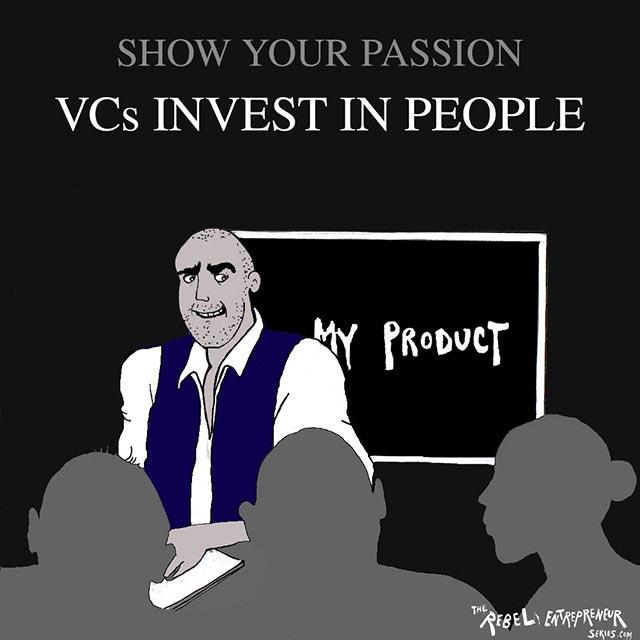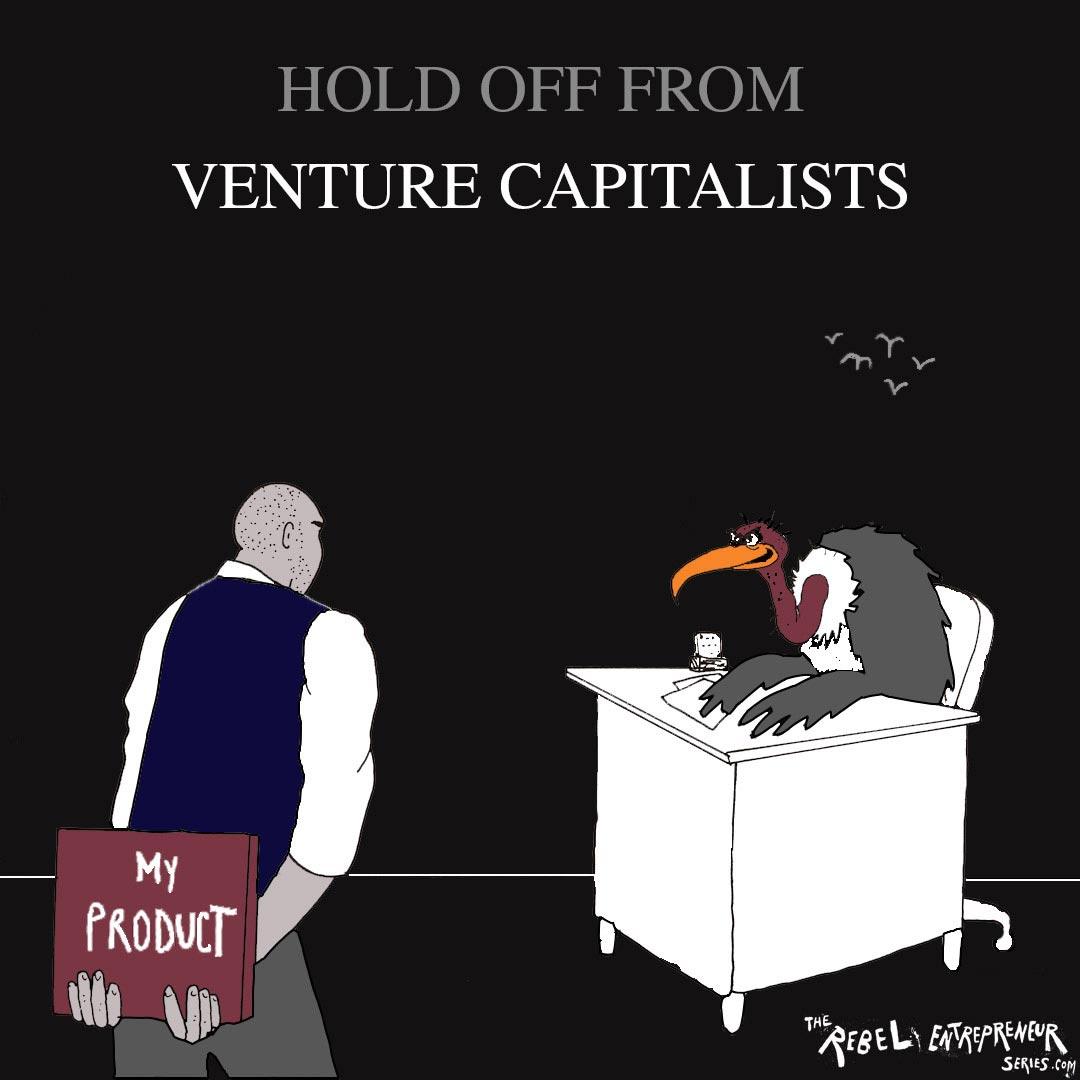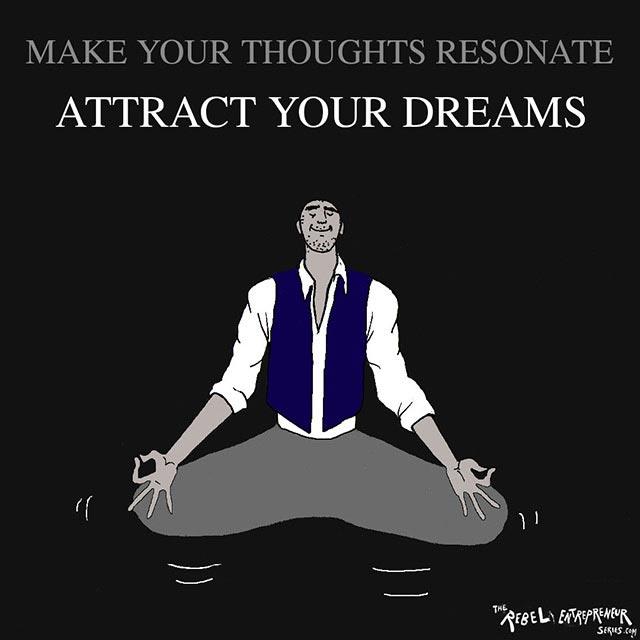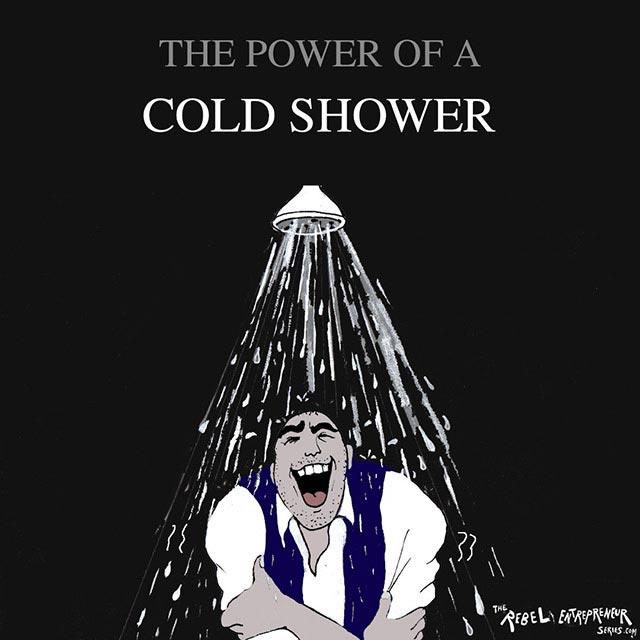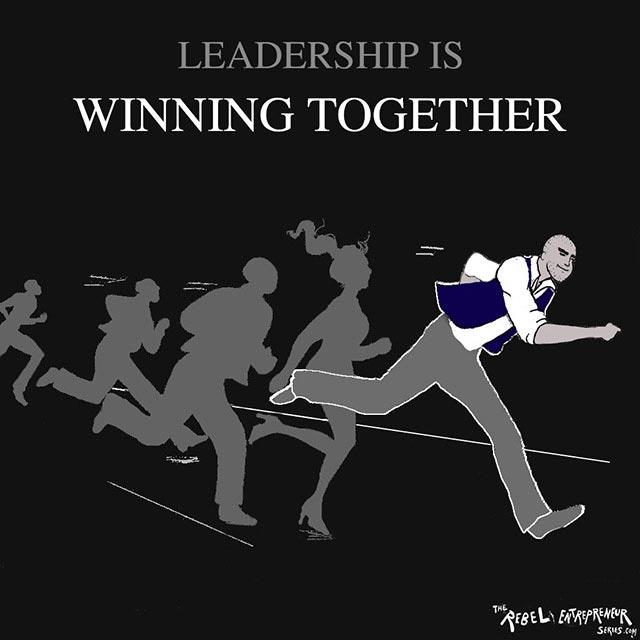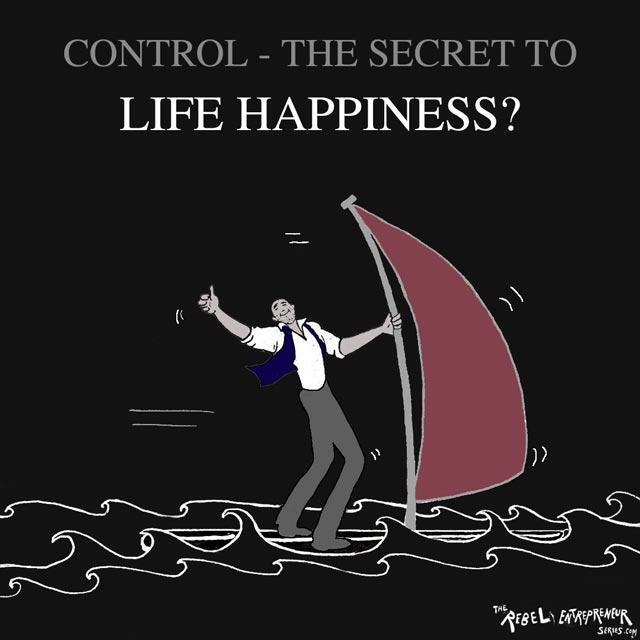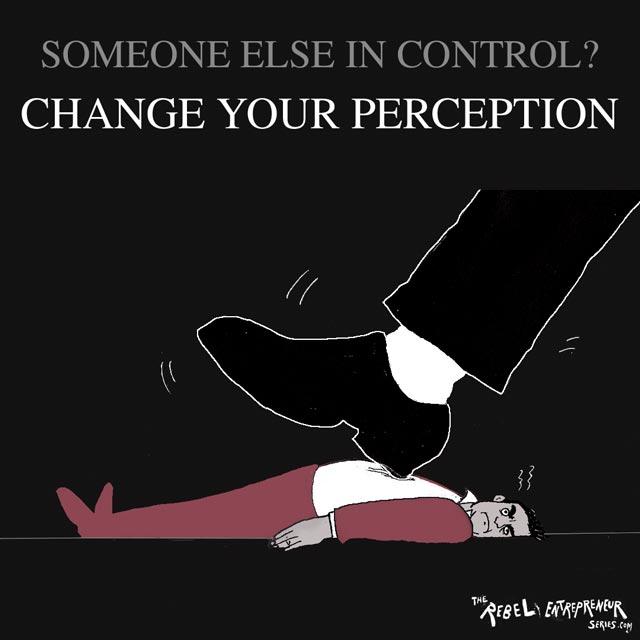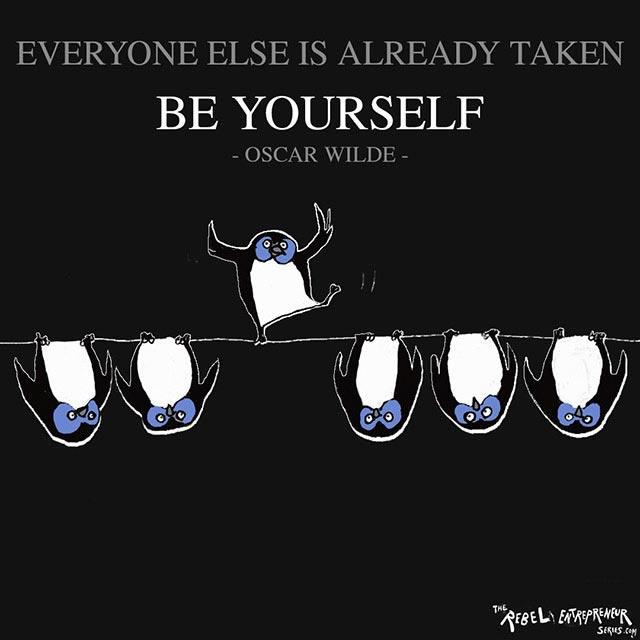Article 091: The Ecstasy Zone
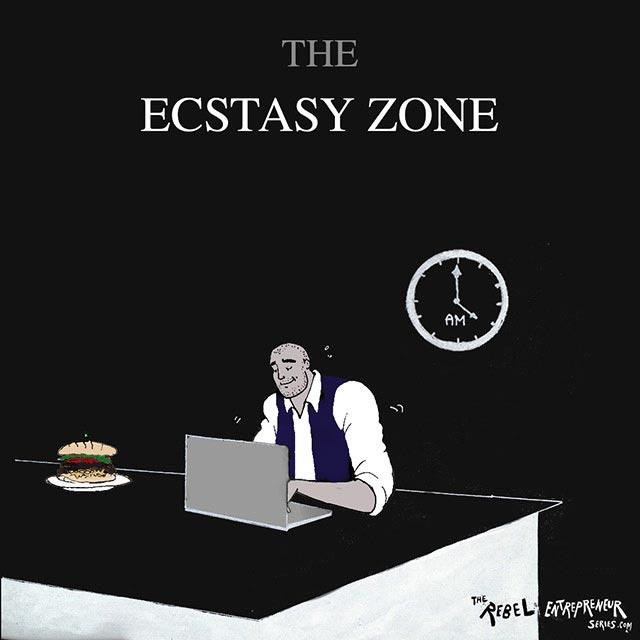
Before he studied the flow state, Mihaly Csikszentmihalyi had originally set out to determine what makes people happy. He was particularly interested in what makes creative people feel content. He conducted an interview with a composer who described the feelings of ecstasy he experienced during the creative process. The composer articulated how in this state, he felt happy to the point that he could no longer feel tiredness or hunger. He described how the music flowed out of him effortlessly, while he just sat there, watching in a “state of awe and wonderment”.
This interview led Csikszentmihalyi to believe that happiness and ‘the zone’ are intrinsically linked. His reasoning was based on the fact that our nervous system is unable to process more than 110 bits of information per second, and, if we are entirely focused on the task at hand, we forget our troubles and yield to passion. As the study of flow has seen enormous growth over the past 25 years, neuroscientists have excavated this theory, and have found that the connection between happiness and flow is much more than the process of simply forgetting your worries.
When we enter the zone, the brain releases a cocktail of chemicals – dopamine, serotonin, endorphins, anandamide and norepinephrine – and together, they stimulate a reaction of pure ecstasy. Moreover, the flow state takes place in the prefrontal cortex – the same part of the brain where self-esteem is constructed. As the reaction is all-consuming, the inner critic – the voice of self-doubt – is silenced. In short, the flow state has a profound psychological effect as it triggers feelings of genuine happiness, while self-esteem skyrockets.
The ecstasy zone experience is evidence that happiness can be found in the pursuit of passion. Csikszentmihalyi selected artists as the starting point for his research due to the fact that they chase their dreams even if financial success is not guaranteed. Rebel entrepreneurs are similarly inclined. They pursue their goals not for financial gain, but because they are driven by passion. They understand that if they access the zone, their overall performance enhances and their dreams come closer to realisation.
PLEASE LIKE HERE
